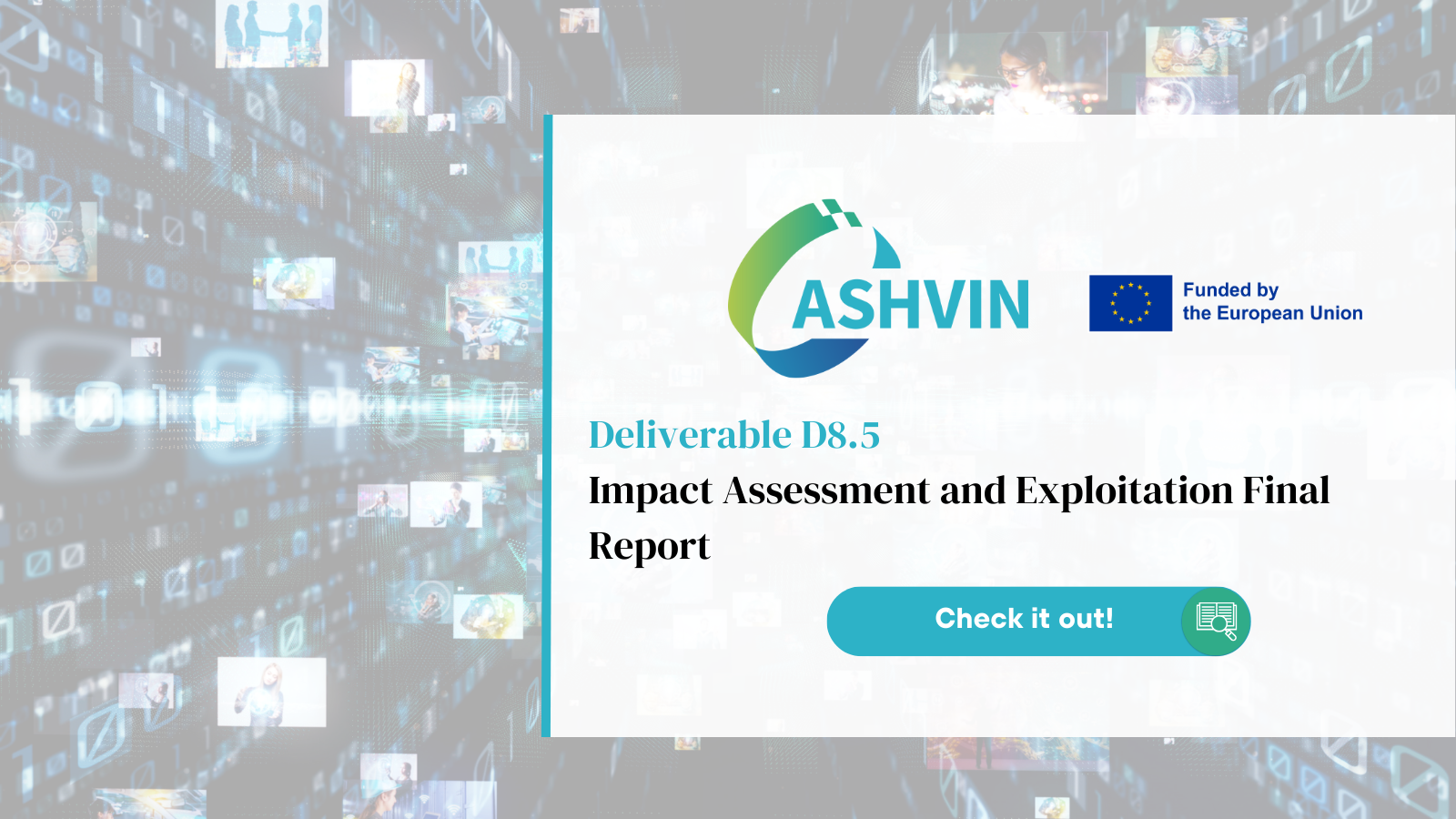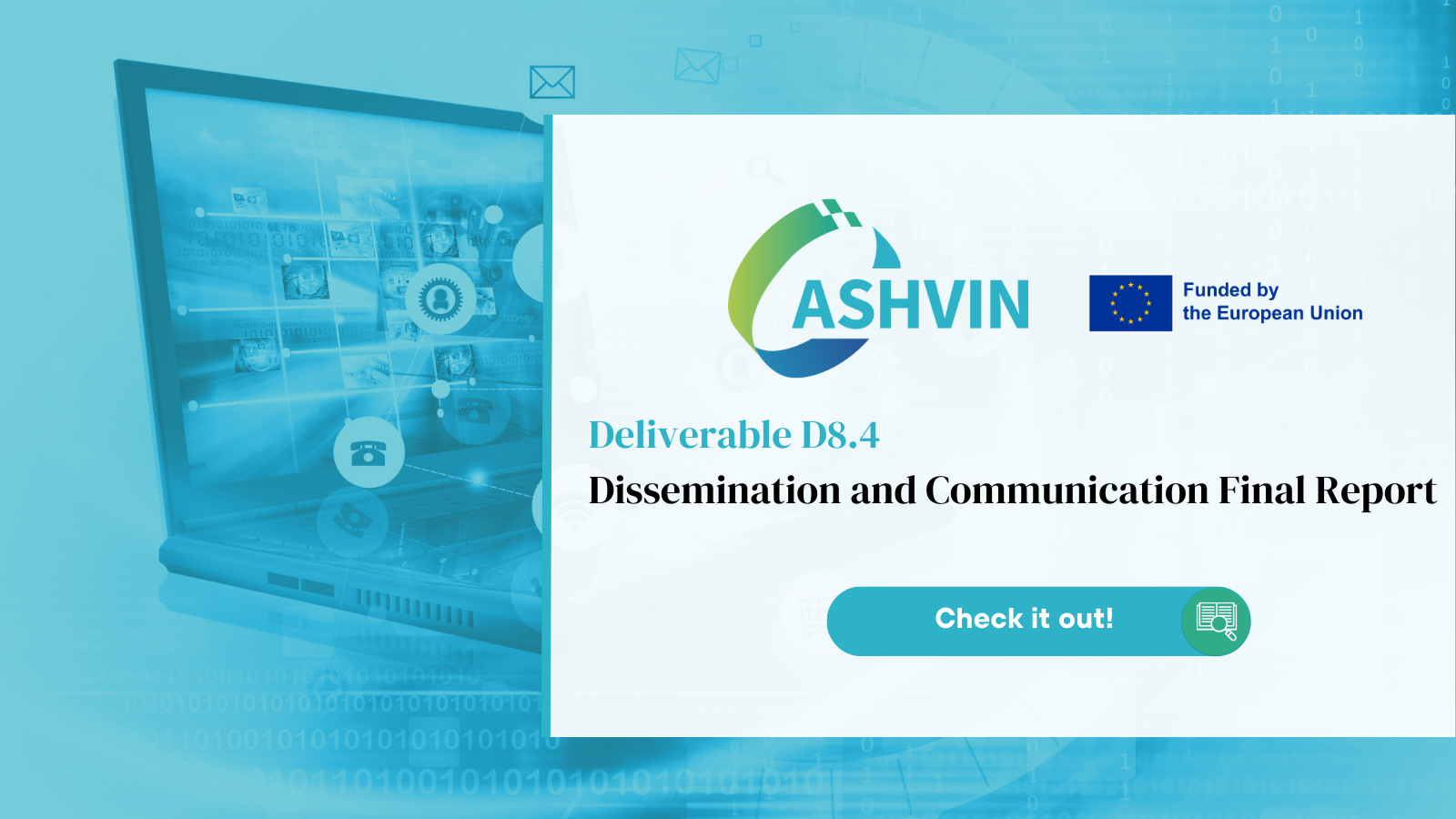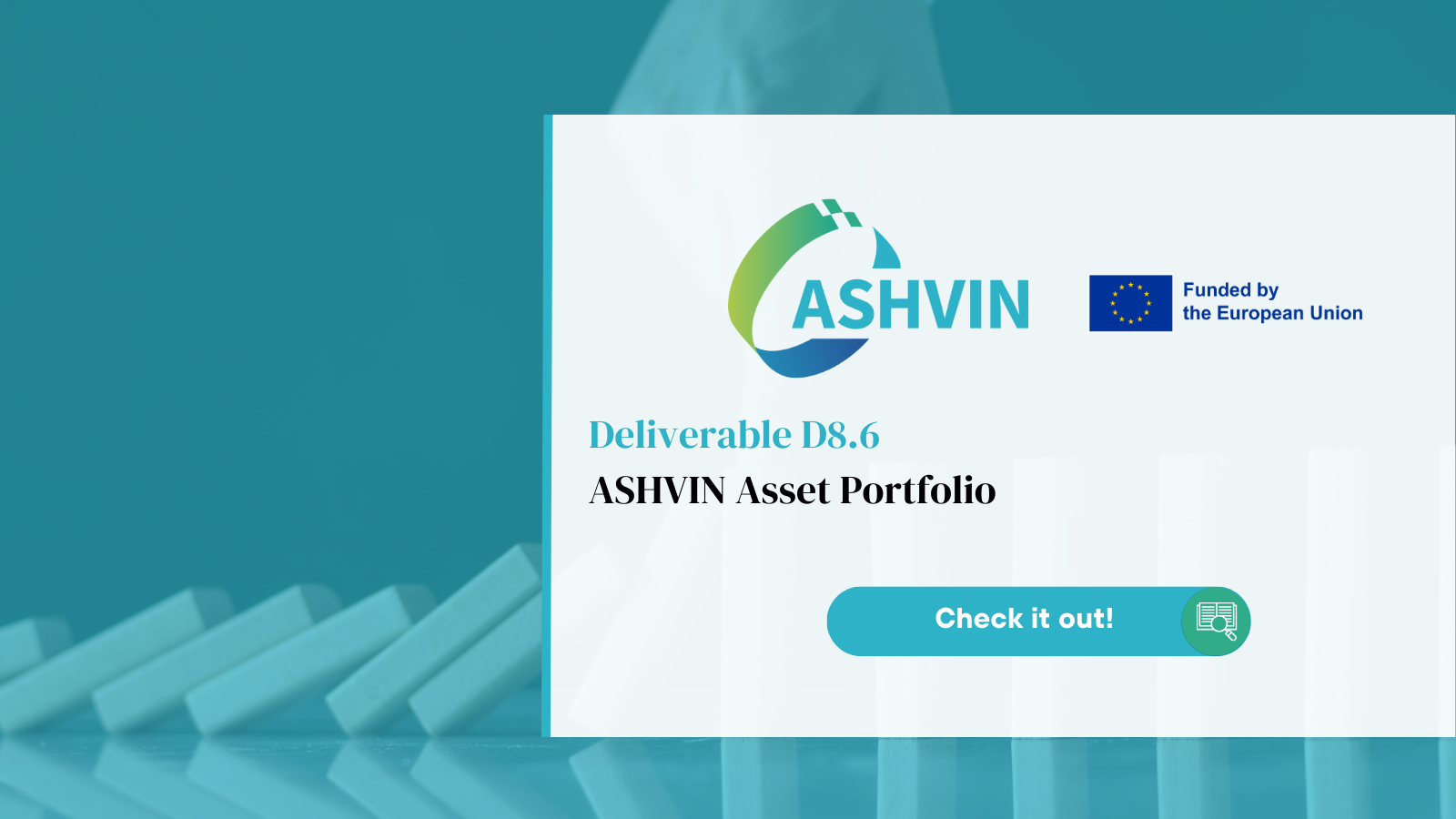This report, entitled Best practices for digital twin-based privacy, was drafted as part of Task 6.5 Privacy & Human Factors Analysis and Response led by Eramus University Rotterdam under Work Package 6 Social Innovation and Standardization. ASHVIN WP6 focused on determining future trajectories of ASHVIN-developed innovations, including standardization triggering standards to be applied by the market in connection with deploying new innovative privacy-focused practices within the industry.
Abstract
As with many other sectors, developments in information and communication technologies have provided significant opportunities for productivity and profit in the construction industry. Within the transition from traditional to digital working methods, the volume of data produced and stored about construction industry work is increasing day by day. Since the construction industry involves multiple stakeholders, this means that digitized project data is increasing shared between various entities. While some companies may (want to) prioritize privacy, the more data they collect and process, the faster and more accurately they may achieve their goals such as efficiency, productivity, and construction site security. This deliverable aims to provide best practices by evaluating the impacts of deploying the most advanced sensing technologies for real-time monitoring on construction sites and how these technologies are evaluated in ASHVIN’s demo sites. It proposes a privacy filter model to reduce the potential privacy problems caused by workplace monitoring and is adapted to the data-oriented business models of companies operating in the construction industry.
Download the entire report in Open Access via Zenodo:





